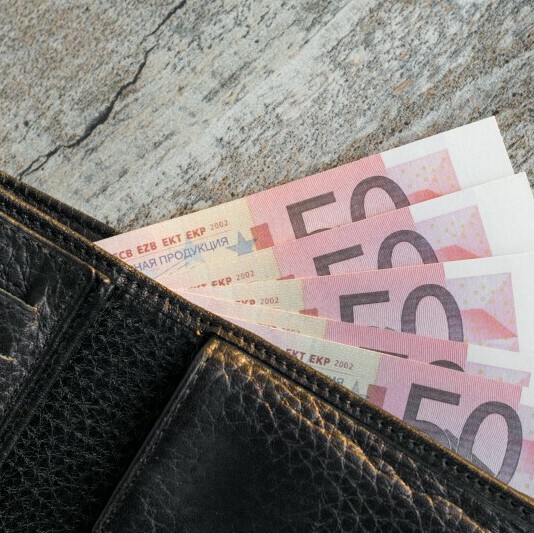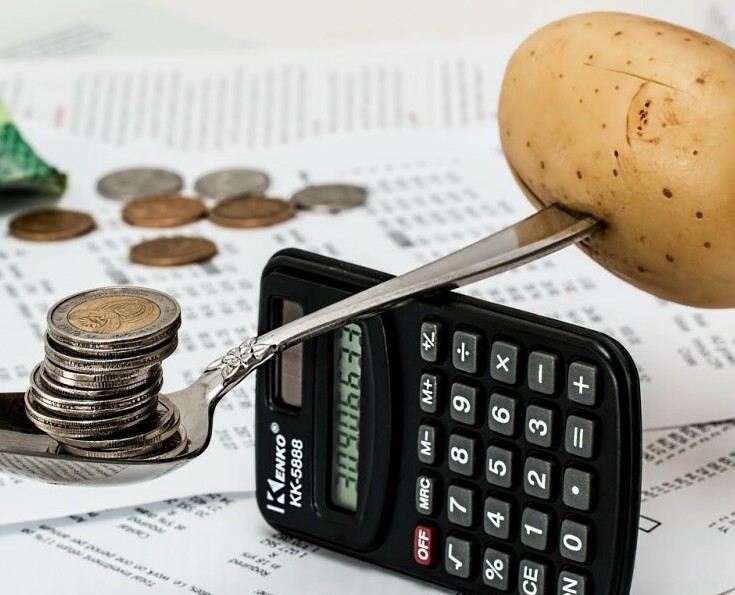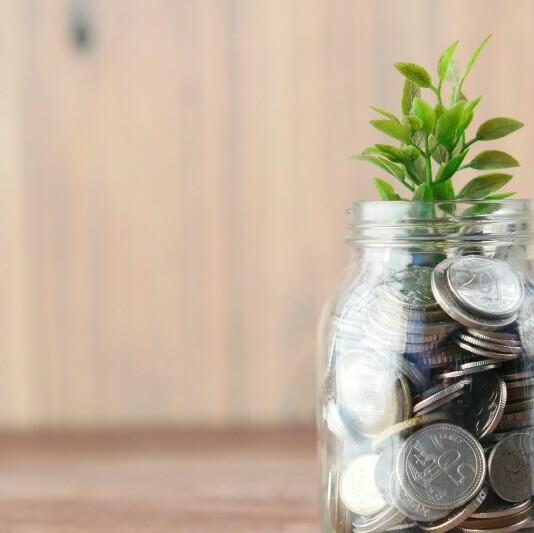
What Builds Wealth The Fastest? before you implement the answer Carrying out a Personal Wealth Audit is vital before you start on your own path to true wealth. This is one of the key strategies of the Wealthy. You will need to carry out a financial audit of where you are currently at, as without knowing your starting point, how do you know which areas to focus on first in your creation of wealth.
Now trust me when I say that this will be an uncomfortable experience for many. The Wealthy know exactly where they are at when it comes to their finances, and so should you.
Far too many people are drifting along, or sticking their heads in the sand when it comes to their true financial position. As an example, do you regularly check your Bank Statements? Many do not.
So, to get started you need to create your own financial balance sheet. A simple sheet, where on one side you have:
Your True Income per month (or week if that is appropriate)
Salary
Wage
Interest on Dividends
Pension
Verses on the other side:
Your Primary outgoings:
Monthly Mortgage/Rent amount
Local authority Taxes eg Council Tax in the UK
Car loan repayment
Other loans
Credit Cards and Interest
Store Cards
Insurances
Energy Costs (Gas/Electric)
Primary Grocery and Food Essentials
Commuting Costs; The cost of you getting to and from your place of work. Do you have to buy Monthly rail passes, Pay for petrol and car parking?
If you have done the above exercise, well done. It was probably a challenging, eye opening and uncomfortable experience. However, by starting your personal audit you are not only putting yourself head and shoulders above the majority but also beginning to lay the foundation of creating wealth for yourself. Bear with this as we have a couple more things to do.
From the base balance exercise you have completed above you will have a sum (hopefully) in the positive (If not maybe look at the article on How to get out of Debt free here and seek help quickly before you potentially get deeper into a hole). The Sum you have left is your Disposable Income.

The next task you need to carry out is an analysis of your daily spend.
This is a check to see where your disposable Income goes. Do you find yourself saying things like “I don’t know where all the Money Goes” or “I just never seem to have anything left at the end of the week” Don’t worry you are not alone. Hopefully by carrying out the following you may answer the above questions.
The First thing to do
Get a small (so it can fit in a pocket or purse) notebook. Just a simple one will suffice and a pencil (why pencil you ask, well, if you are outdoors, with your notebook and it is raining, a pen doesn’t write too well on damp paper)
The Second thing to do
For Seven Days take your notebook out with you. Every time you purchase something, and I mean every time: You:
1. Ask for a receipt for the item purchased
2. Put the receipt in the notebook
3. Write down what it was and how much it was in your book.
Oh, and I include here that you keep a record of anything you purchase online. You need to record everything from a coffee and sandwich to any impulse purchases, and don’t cheat. Put it all in the book.
The Third thing to do
At the end of the seven-day period add up what you spent. Also check what you actually spent the money on. Now, apart from what I call a necessity, one off purchase, such as a pair of shoes (These will last you so are not really a impulse or sudden buy. Unless you happen to be an Imelda Marcos and buying Shoes every week!) in which case you could remove this item from your ‘Normal Spend Pattern’
What the above should show you, and give you some indication of, is where your disposable income is going. I am not here to give you budgeting tips, but
How much of what you are spending is unnecessary?
This is akin to trying to use a hosepipe to water a garden. You have no water pressure at the end of the pipe because the Hose is riddled with holes, all leaking water. Like your finances, if you don’t know where the leaks are, you can’t plug them up.
The Purpose of what you should have carried out by now, in your audit, is to give you an idea on your true essential and non-essential spend. Some luxuries and non-essential spends you may want to keep, and that is fine. A daily Coffee from your favourite Barista is ok. You do not want to be miserable in life. That serves no purpose. No, what you want to see is if there are funds left to start working on your Asset and Wealth plan.
The next phase In carrying out your Financial Audit is that you now want to add to your balance sheet your Assets. Here we are talking about wealth that you may have already accrued and that could be realised if need be. Some of this may be longer term realisation than others.
What you need to add to your balance sheet under Assets are:
Your Share of any Equity value in a House or Property (The value of a property less any loan on it)
Savings: Both Long and Short term
Pension Savings
Shares or Portfolio’s
Any value in a Vehicle after a loan (if there is finance) has been settled
Any other cash you may have.
You may have some, none, or all the above. Whatever it is it doesn’t matter at this stage. It is all about you getting a true picture and understanding exactly where you are at, at this stage of your life. It is only by having this can you understand where you need to focus first in the creation of your Wealth Plan.
For example, after your audit you may have none of the above, but after analysis could save £10/$15 a week on fritter spend. Just start by putting this amount into a very simple savings plan. You will be surprised at the mindset change this one simple thing can achieve for you.

But it doesn’t stop there. Regular financial reviews are crucial to ensure you’re on track to meet your wealth goals. Like the above I would encourage you to carry out your Audit on a Monthly basis. This involves assessing your income, expenses, savings, and investments. Knowing your financial status helps in you making informed decisions and adjustments as necessary and once you get into the habit of reviewing and auditing where you are at on a regular basis, then you really are on your way to putting down solid foundations to build your wealth, and tackle any issues early on.
I would be keen to hear how you get on with your own personal audit. Did it shock you to find out where you really are at? What’s your worst fritter away spend? Let me know in the comments
Best Regards
Del
